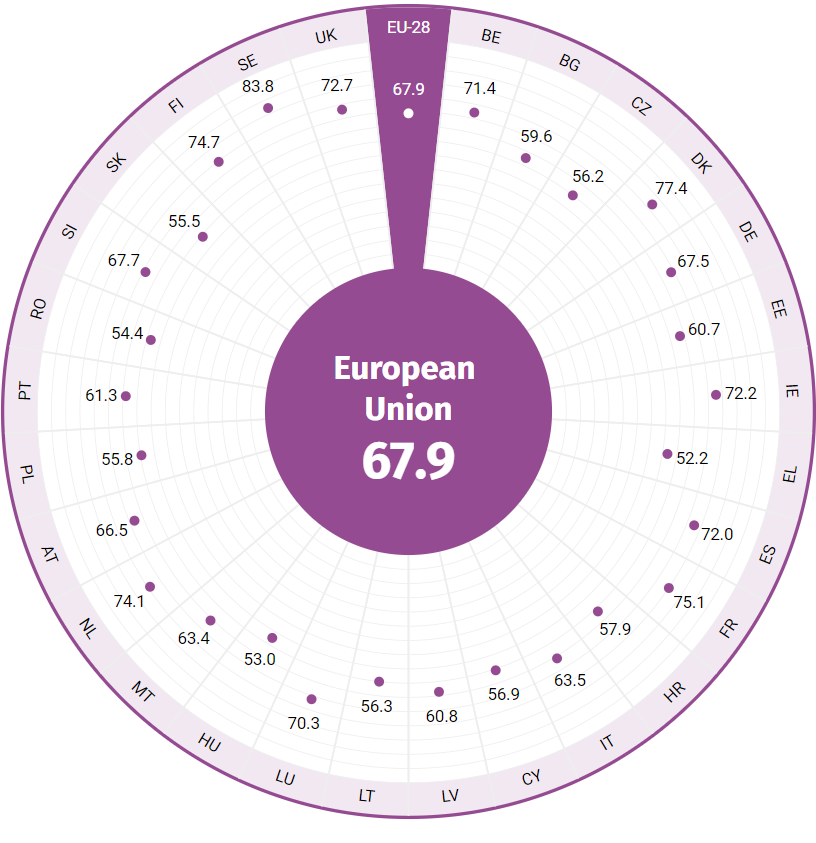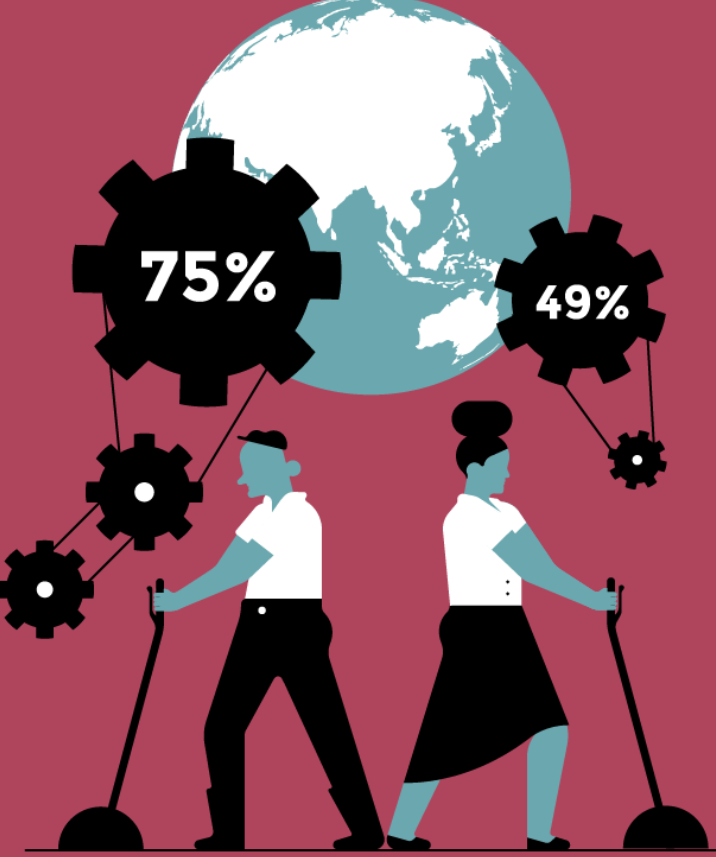By Jorge Martinez Gomis
The technologic revolution has seen exponential growth of the gig economy. However, the COVID-19 pandemic has shone a light on the negative aspects of this form of economy, where increasingly the courts are having to step in. The gig economy is proving to be damaging for countries as well as people’s socio-economic well-being. In the gig economy labour conditions are tough and people have little choice but to accept them due to their personal economic situation. What economic guarantee do these workers have in the future?
GIG ECONOMY AS AN ECONOMIC MARKET
The gig economy is that part of the labour market characterised by a prevalence of short-term contracts or freelance work, as opposed to permanent jobs. The development of the gig economy, and the current impact of national lockdown, raises questions around its effect on work and labour standards. The division of labour encouraged by the gig economy models decreases work costs by
In 1998 the International Labour Organisation (ILO) adopted the Declaration on Fundamental
• Freedom of association and the effective recognition of the right to collective bargaining.
• The elimination of forced or compulsory labour.
• The abolition of child labour.
• The elimination of discrimination in respect of employment and occupation.
Although this Declaration is present in all member states, gig workers are growing in number and are falling between the gaps when it comes to international labour governance.
GIG WORKERS AT RISKS
In terms of contracts, these workers fall under the term ‘independent workers’. This means that the type of contract they sign are as a self- employed. This has several consequences that will be damaging in the future. The lack of training and precarious nature of the work is the most concerning. For example Deliveroo riders face many hazards doing a delivery. They can be a victim of an accident on their motorbikes or cycles. Weather conditions affect them since deliveries are made under rain, snow or other circumstances. In November 2020, a 27-year-old Uber Eats rider was hit by a car
Many of those employed in the gig economy are vulnerable in terms of their legal status, with employers taking advantage of the situation. Gig workers face several infractions of law when they sign a contract for this kind. The most common issues are the unfair deduction of wage, unfair
rejection, and the terms and conditions of work. These contracts often falsely classify the worker as self-employed. These contacts are declared at the same level as that of a person who owns a shop. By signing these contracts, the worker may find that they do not have full access to public health services, cannot enjoy of full paid holiday period, or access a pension scheme. In addressing this the Spanish Supreme Court ruled in September 2020 that riders cannot be hired as “false self-employed” but as
Those in the gig economy face a precarious situation when it comes to income. Gig workers have low, and unpredictable earnings. They work when they can and when the demand is high. This means that they do not have a regular scheduled. The result is that the gig worker’s hours are different from those of a ‘regular’ 9-5 job, since the demand is high during the weekend and holidays season. According to Deliveroo, a rider can earn between £10-12 an hour, rising that amount on weekends to £21.
Forced migrant labour involved on the gig economy
In numerous cases, workers are transients caught by obligation, constrained to work in challenging conditions. Transnational corporations (TNCs) use the technical term ‘outsourcing’. This is a business
Those benefiting from this practice are the TNCs due to the reduction of the production costs, without considering labour conditions or the temporary contracts these workers have. This situation encourages migrant issues internally and externally.
According to the ILO, the salary gap between migrants and nationals is almost 13%. In Spain, the situation with migrants workers has become critical. Spain is a country rich in agriculture and during high demanding periods employers need more labourers. During this season, hundreds of migrants go to Spain to work for a couple of months. The situation for these workers is precarious, without a contract and with salaries well below the average. As it is not their habitual residence, they all live together in inhumane situations. The only beneficiaries from this are the owners of these companies
who reduced costs. These workers go back home waiting for the next season to start without having any incomes during the months they are unemployed.
WILL THIS SITUATION REMAIN AS IT IS?
The gig economy is more of a danger than a benefit for society. We all order food by App or have taken a ride on Uber but do we really know what is behind that. In the middle of the 21st century an economic model of business that violates the rights of workers cannot continue to exist. Some states have taken the initiative to start regulating the working conditions of gig workers, but what about developing countries? No one should be able to infringe on international laws in this way, infringing human rights. Laws are the only solution to this, but if governments do not make the appropriate decisions, more people will fall through the gaps in the economy where large companies will continue to take advantage of their economic power.
Jorge Martinez Gomis
International Relations and Diplomacy student at the University of Derby










